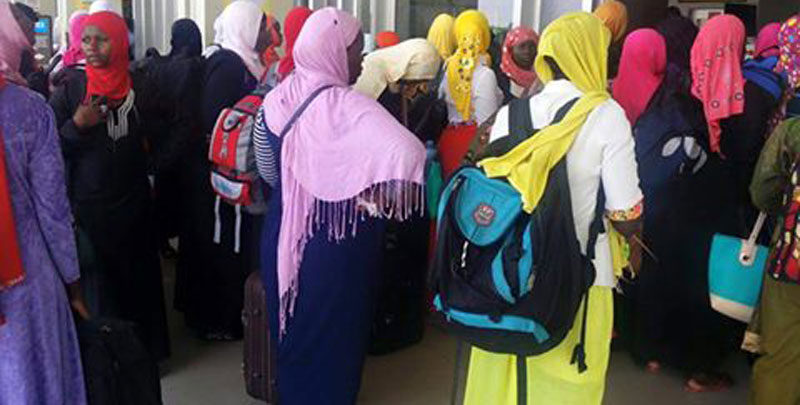To many Ugandans, it must have recently come as a shock to learn that Ugandans working in the Middle Eastern countries of Kuwait, Abu Dhabi, United Arab Emirates and Saudi Arabia, had died in mysterious circumstances. Many of these deaths have been consigned to suicide.
Earlier stories of similar deaths of Ugandan migrant workers in Asia, especially, in Malaysia has not made any news here, but it has been happening there, too.
These workers have died out of frustration from the work they are doing. Most of these people are domestic and construction workers; and the conditions of their work is, to say the least, deplorable.
They work intolerably long hours. The domestic workers are usually girls, whom their Arab employers subject to consistent rape and other sexual abuses. The construction workers are given dangerous assignments that inevitably result in fatalities.
Moreover, when these kyeyo workers arrive there, their passports are seized by their ruthless employers. Worse still, they cannot even go to the Ugandan embassies in these countries as a result; also because their being there is not known to the Uganda authorities here; the Ministry of Foreign Affairs does not have any record of their presence in those countries.
So, even when these people want to quit their work and return home they cannot do so. Again, they may not even have saved any money to buy an air ticket, because their wages are insufficient.
The manner in which these people get to be employed there is irregular. There are employment agencies here which are not registered with the Ministry of Gender, Labour and Social Development (MLGSD). And even when they are known by the Department of Labour, their services do not pass muster.
If this is not the case, some of these kyeyo workers have been recruited through scrupulous human traffickers operating here and in the neighbouring countries, unknown to the Government. All these factors play into the hands of the employers who simply enslave these kyeyo workers.
As this modern Slave Trade is going on, our Government does not appear to be concerned. This is mainly because it has failed to find answers to the level of unemployment.
Many youth are churned from our institutions of learning with nowhere to go. Rural and urban migration is filling the towns with idle and frustrated people who are easily deceived that there is manna in the Middle East.
The Minister of GLSD, Janat Mukwaya, has made high profile visits to these countries, signing labour-related memoranda of understanding and saying that conditions of the kyeyo workers there is improving. Even then, stories of bad working conditions and inhuman treatment for these migrant workers continue to filter from the Middle and Far East.
This country needs to see policies and practices that are geared to providing meaningful work for its citizens. If it is migrant workers, then it should be seen that the conditions of work and the livelihood of those involved is adequately catered for.








